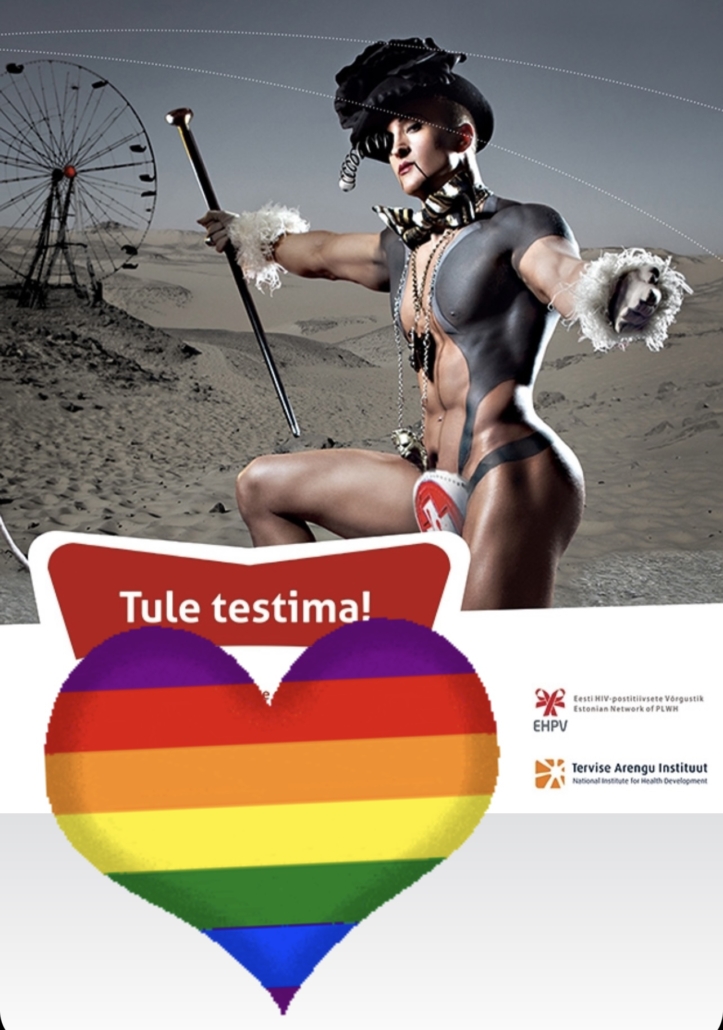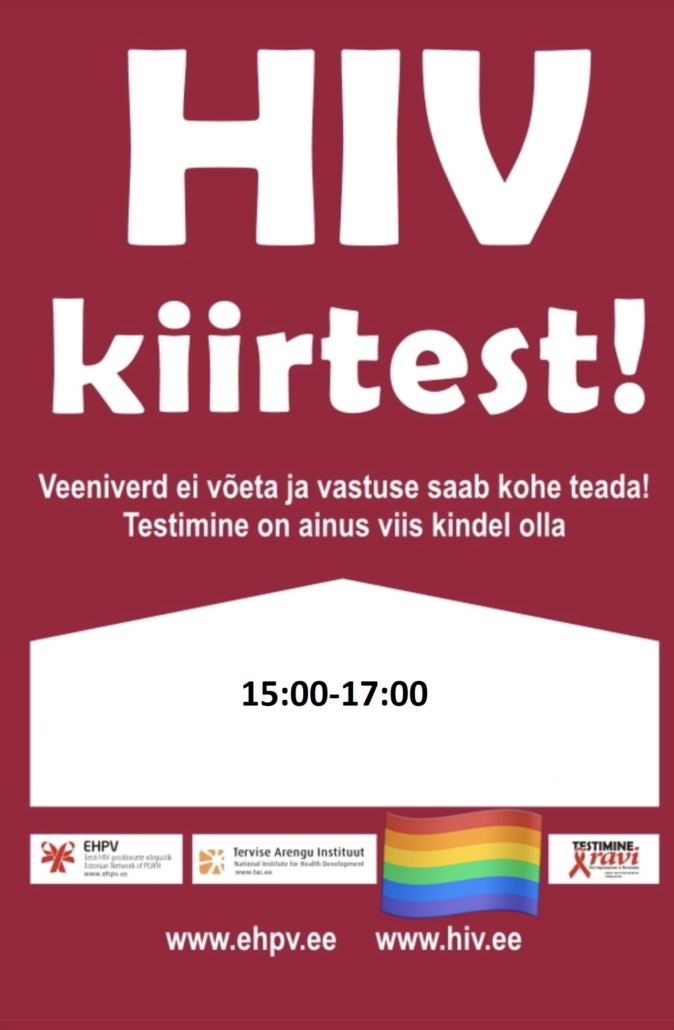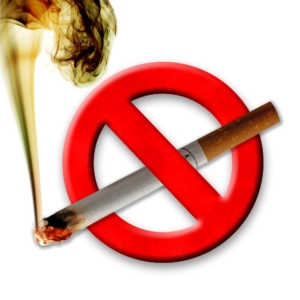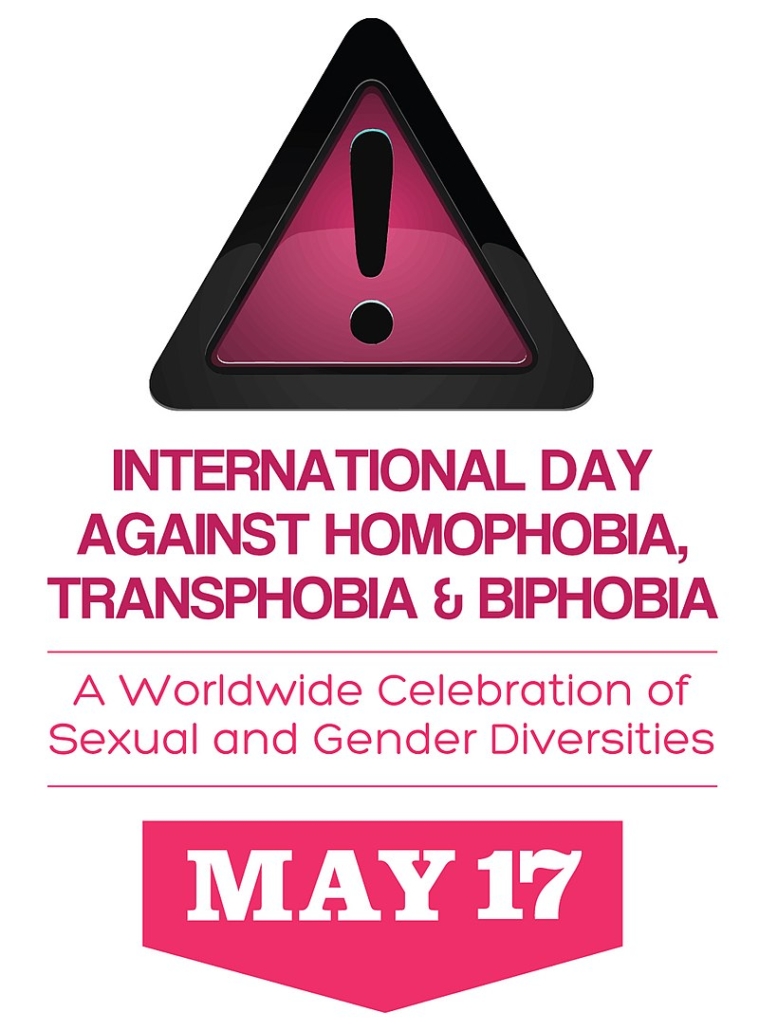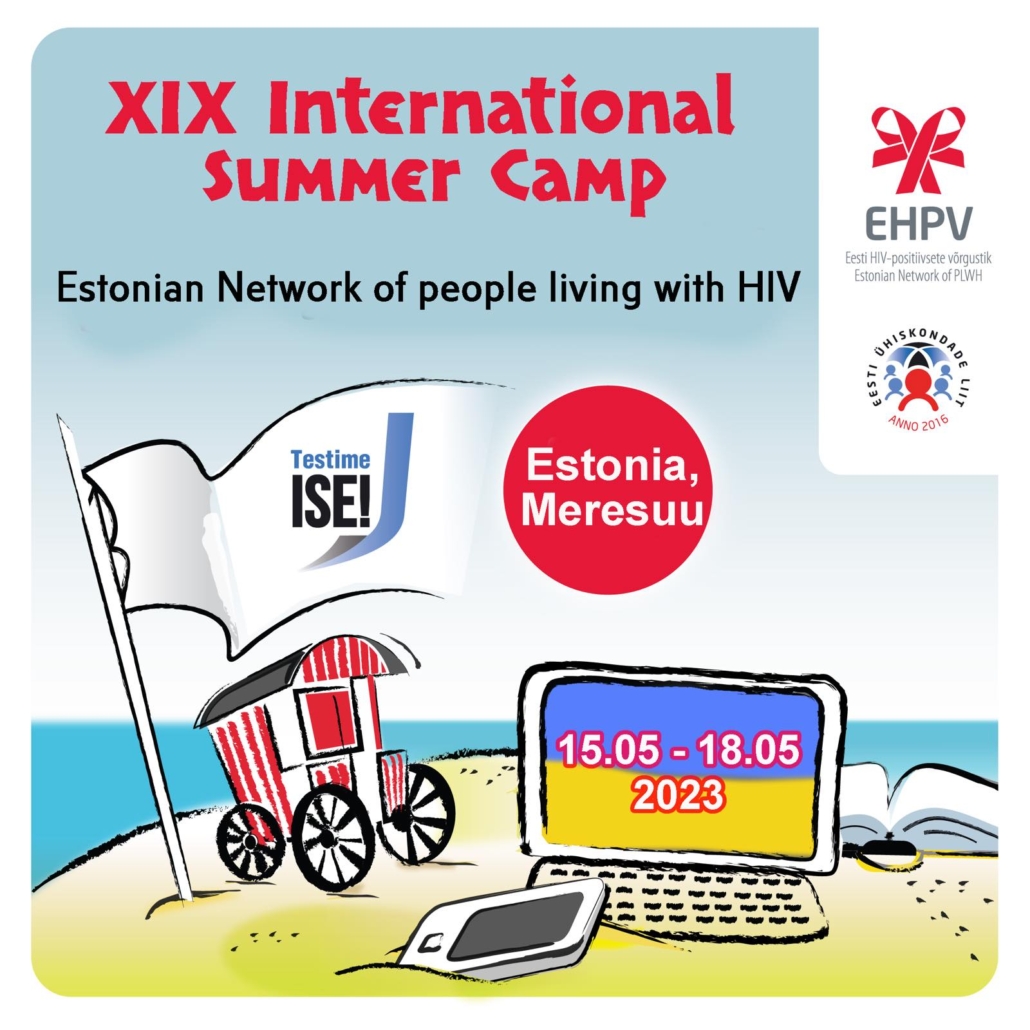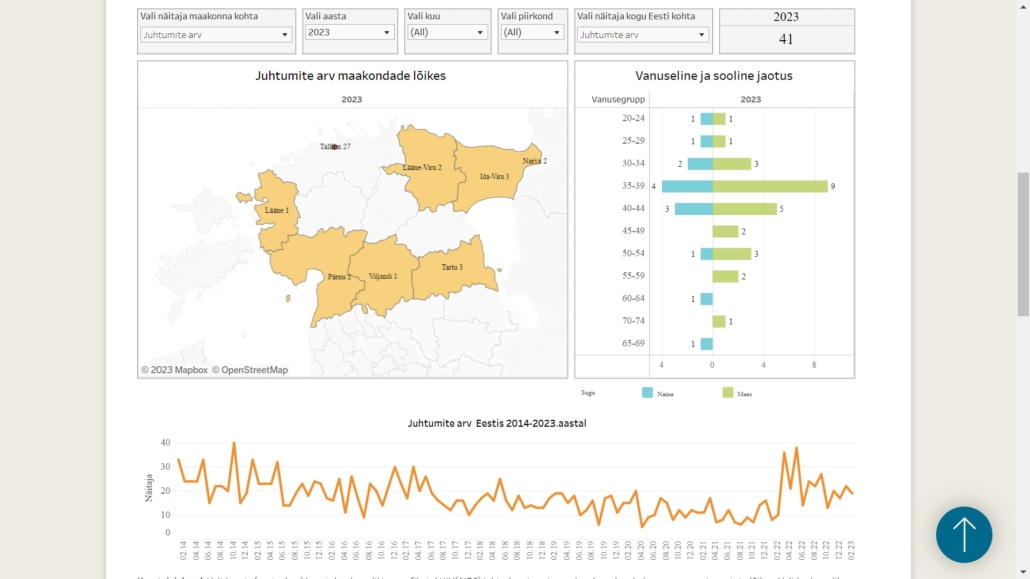Main event Baltic Pride parade, there will be an opportunity to undergo rapid HIV testing
The Estonian Network of People Living with HIV is pleased to announce that during the main event Baltic Pride parade, there will be an opportunity to undergo rapid HIV testing from 15:00 to 17:00.
Rapid HIV tests are a reliable and effective way to determine the presence of the virus in the body. They provide quick results, eliminating the need for long waiting times. Our specialists will be available to conduct tests, answer questions related to HIV, and provide consultations on other health matters. The testing and consultation services we offer are confidential.
Additionally, you can receive free condoms, lubricants, and informational materials. Don’t forget to visit https://ehpv.ee/lgbtiq/?lang=en as well as the booth of the Estonian Network of People Living with HIV with support of National Institute for Health Development.

